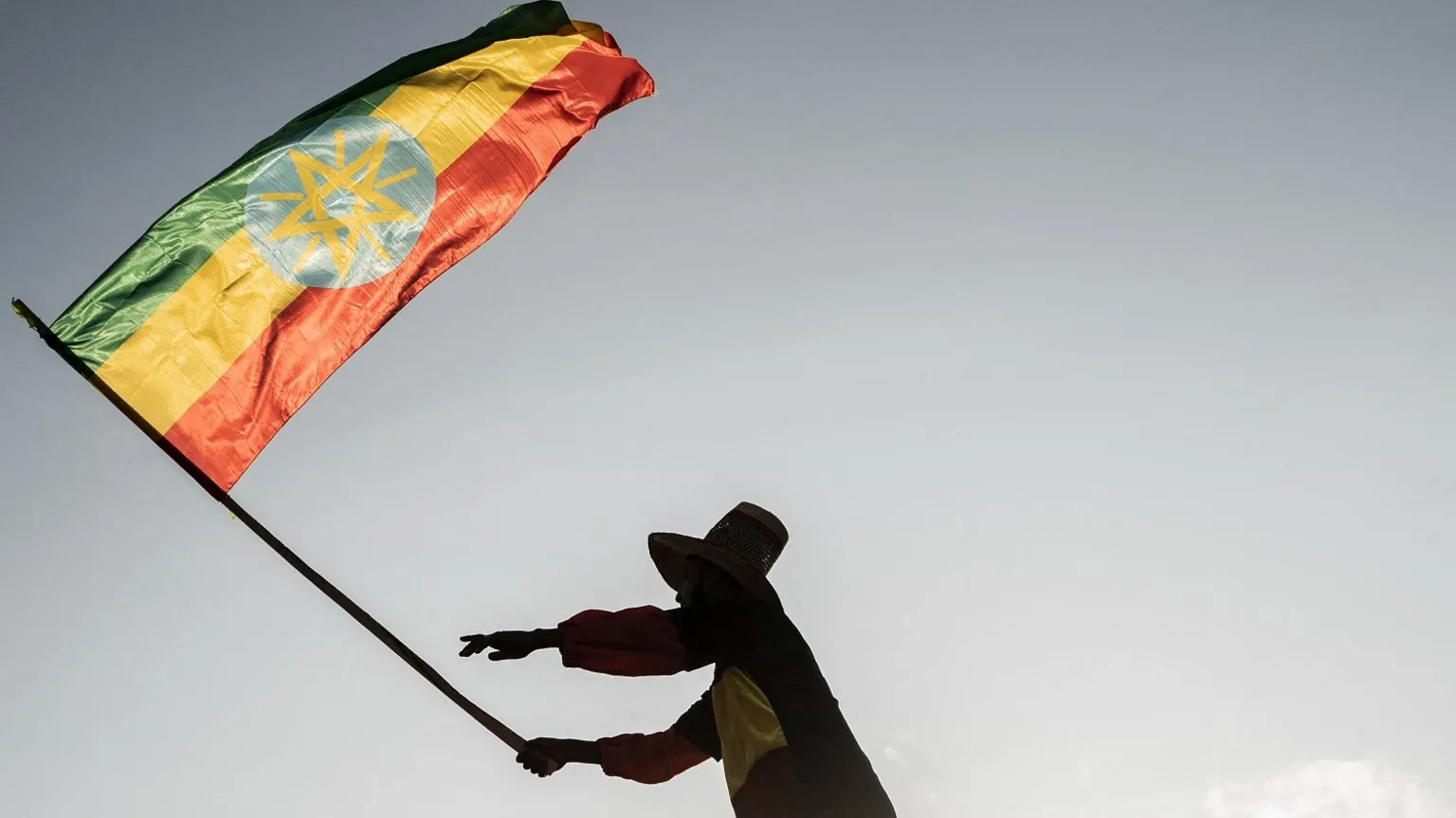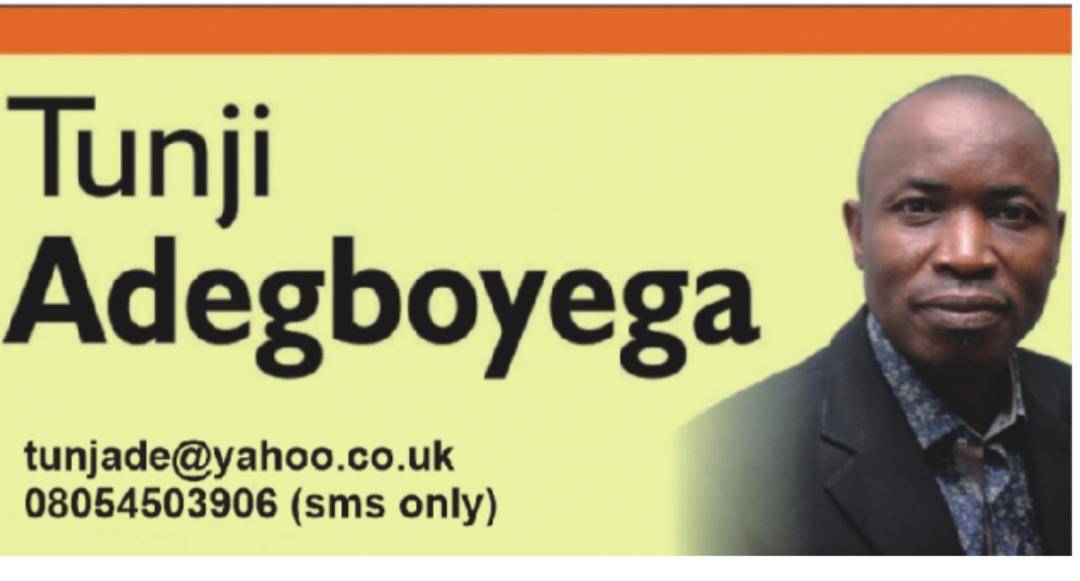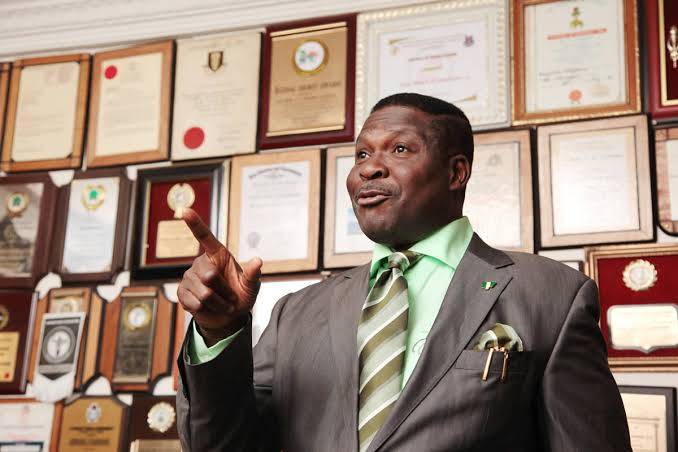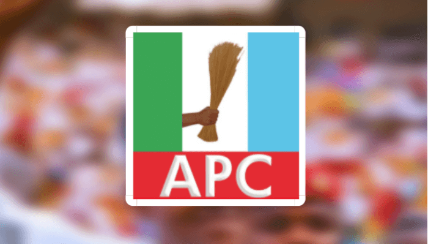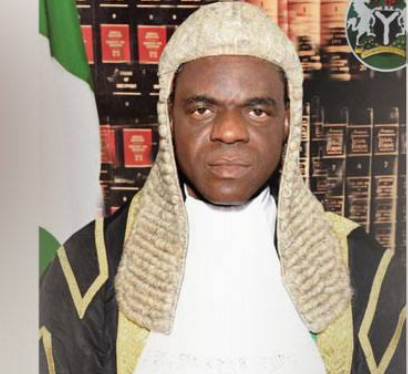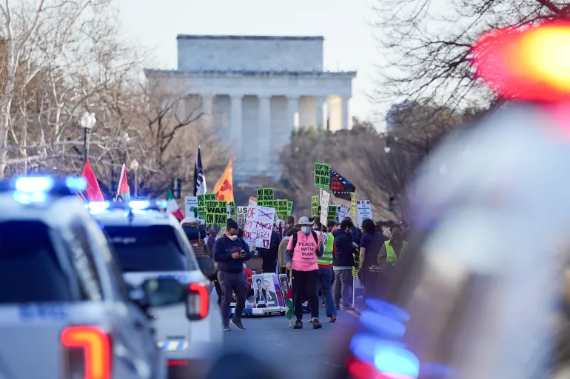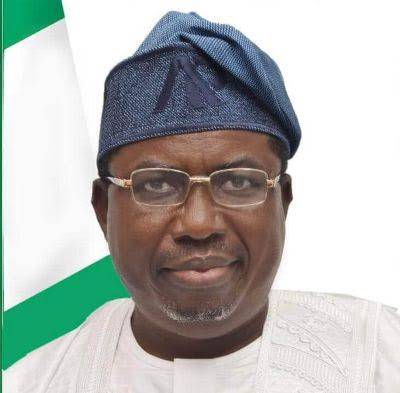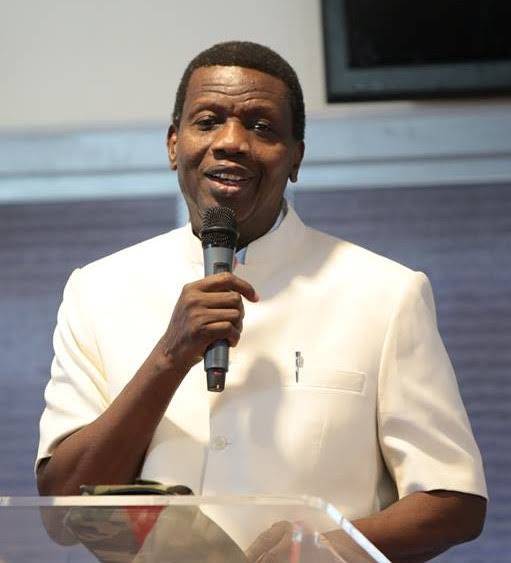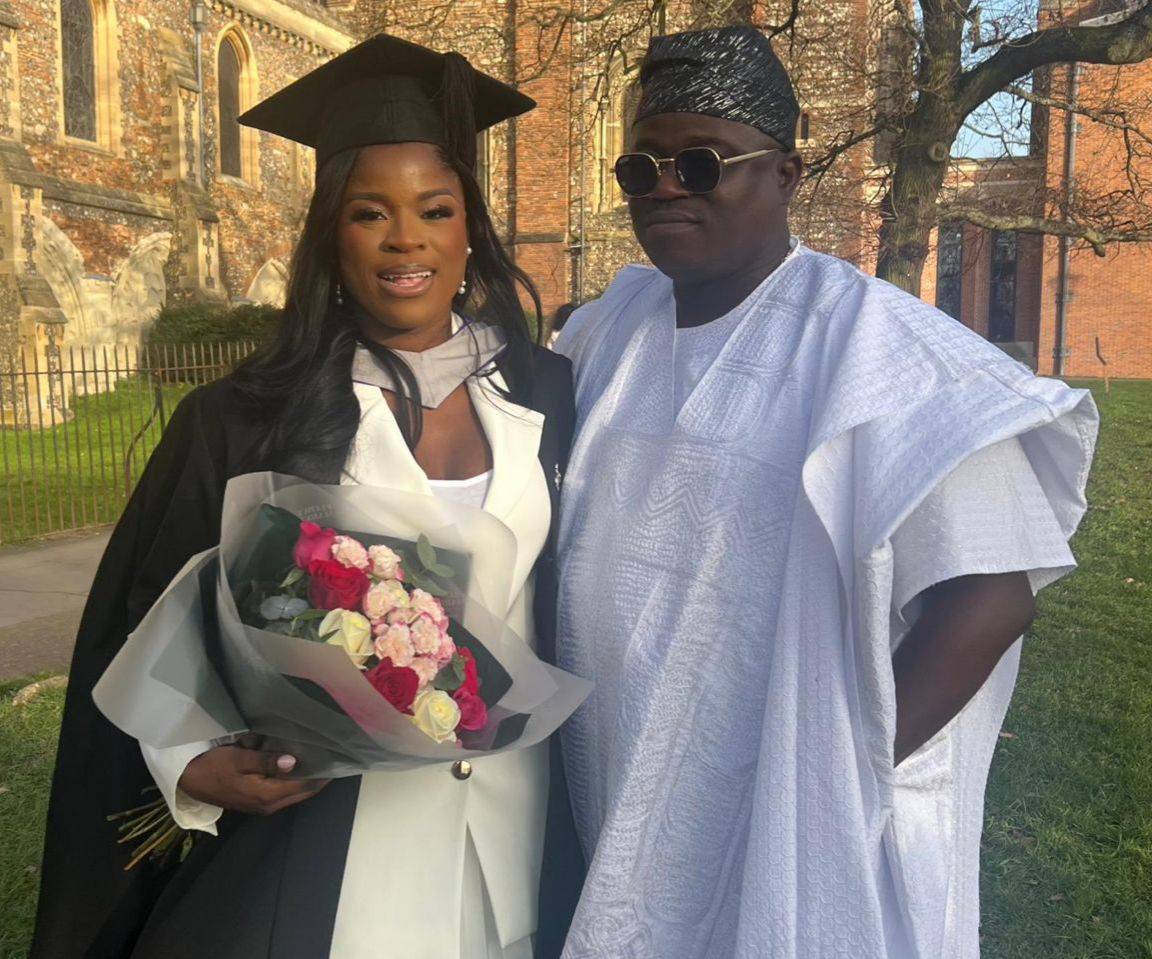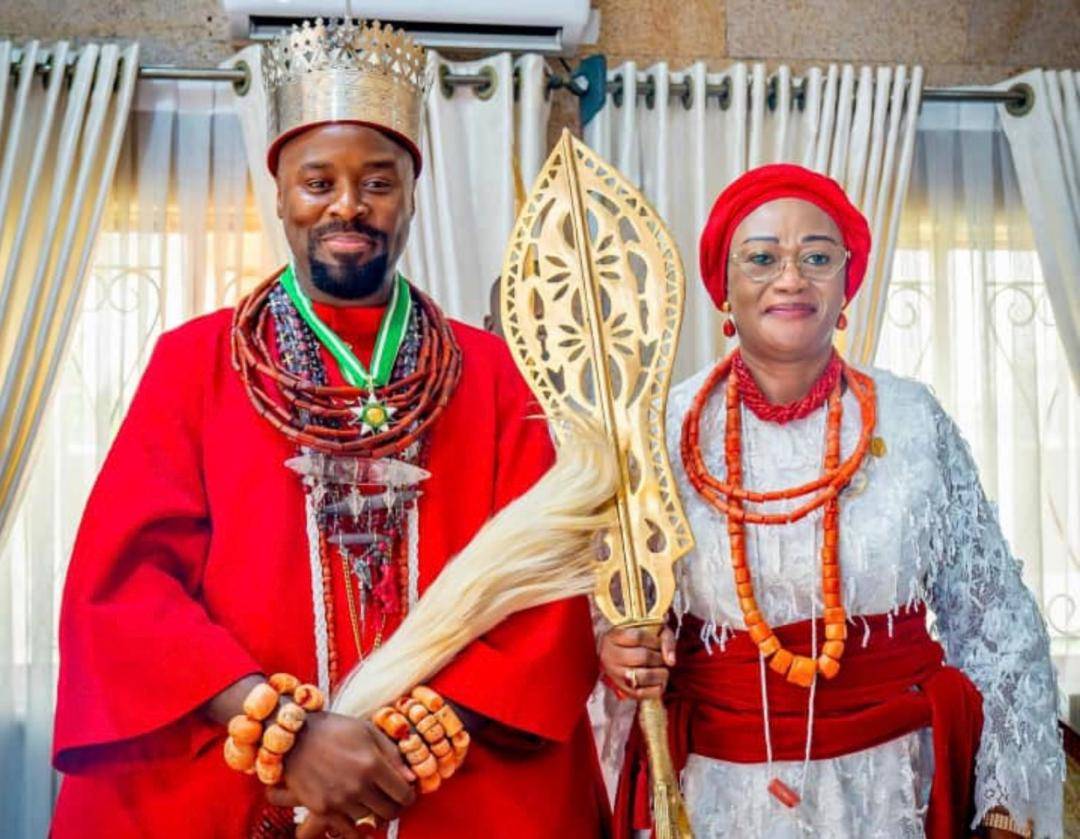Two years in the saddle, has President Bola Tinubu undercut the Northern region in the management of the country’s affairs and distribution of political appointments and development projects? Has he reneged on the promise made to the Northern elites three years ago in Kaduna that he would run an all-inclusive government, protect the national interest and be fair to every part of the country and the North in particular?
It was in a bid to answer these important questions that governors, ministers and other top government functionaries from the Northern region converged on Arewa House, Kaduna on July 29 and 30, 2025, under the auspices of the Ahmadu Bello Memorial Foundation, to present their scorecards and tell the region what they had all done to advance the interest of the region since May 2023.
At the end, the intervention by the governors and government functionaries yielded an overwhelming approval rating and an outright rejection of politically motivated allegations of marginalization. They reeled out impressive strides recorded by the administration in infrastructure, social investment programmes, and security.
According to them, President Tinubu has done a lot for the North. Whatever under-development that may exist in the region should not be attributed to him, but to Northern leaders, for the many years they had neglected the region.
However, it was apparent that the motive behind the frenzied conversation about the Tinubu administration’s achievements is not so much what the President has done – or not done – for the North in terms of distribution of national offices and infrastructure. It was propelled, essentially, by the self-serving interests of some Northern elites angling to shape political decisions and the politics of 2027.
As my friend, the Publisher of The Cable and former Editor of ThisDay, Simon Kolawole, would say, “it’s all politics”, and this time, it is all about the politics of 2027.
It’s a page from an old politics playbook: couching the views, political agenda, opinions, and interests of the elites as those of the larger society where they operate. To achieve their aim, they deploy all kinds of subterfuge, including ethnicity or tribalism. Richard Sklar hints at this when he states that, “tribalism is an instrument in the hands of political elites.”
This is quite evident in the outburst of the New Nigeria Peoples Party leader, Senator Rabiu Musa Kwankwaso, who recently accused President Tinubu of marginalising the North in infrastructure development. However, available evidence points to the contrary. According to the Director-General, Budget Office, Dr. Tanimu Yakubu, who should know, more than half of the capital budgets for 2024 and 2025, were allocated to projects and programs in Northern Nigeria.
“Contrary to politically-motivated narratives, Northern Nigeria is not on the margins; it is at the heart of federal investment priorities. Over 50% of the capital budget for 2024 and 2025 is traceable to projects and programs in the North when major national trunk infrastructure and water basin investments are properly accounted for,” he declared
Tanimu outlined flagship projects and interventions that serve as evidence of the administration’s commitment to developing the North. These include the Abuja–Kano Expressway dualization, ₦12.1 trillion Sokoto–Badagry Superhighway, the most ambitious cross-regional road project in decades, spanning 1,068 km, costing ₦3.63 trillion, with 30% of it already approved by President Tinubu for the project’s initial rollout in Sokoto and Kebbi; Kano–Maradi Standard Gauge Railway, a Sahel trade corridor enabler; Zungeru–Kano Power Transmission Line, boosting industrial power supply; Funtua and Bauchi Inland Dry Ports for agro-export and logistics; and Expansion of Airport Runways in Katsina, Maiduguri and Kaduna.
But firstly, there is a need for recourse to the promise Tinubu made to the North before he was elected president. On October 17, 2022, Tinubu came before the Northern leaders to present his agenda for the region and solicit their votes. This was in the run-up to an election where former vice president Atiku Abubakar and Peoples Democratic Party candidate in the poll, had fouled the air, fanning the embers of ethnicity, telling the North he belonged to it and was the best candidate to protect the Northern interest. There was tension in the land. The nation’s fault lines were being toyed with. Atiku’s erstwhile presidential running mate in the 2019 election, who by then had become the Labour Party candidate, Mr. Peter Obi, was also unrelenting, ratcheting up ethnic and religious sentiments for his candidacy.
It was against this backdrop that Tinubu mounted the podium at the Arewa House. Both Tinubu and Atiku were leading other candidates in the North at the time. Thus, the North had become divided and the atmosphere at the venue of the talks was charged. In a measured but purposeful tone, Tinubu told the gathering that as president, he would consolidate on the investments of the late President Buhari administration in all sectors to build on the gains recorded.
He spoke of his plans to ensure that insecurity was nipped in the bud in the North and across the country, harness the resources that abound in every part of the nation for greater economic development, and utilize the vast natural resources of the country through strategic investment in infrastructure.
Speaking specifically and cautiously on his plans for the North, he said, among other things, that the region has a comparative advantage in agriculture and mining, and that under his presidency, the North would emerge as the hub of agribusiness in Africa through huge investment in the sector in collaboration with the private sector.
“Agriculture is of special interest to me. It is both an economic and existential issue for every country. Experience in the last seven years has shown the potential of agriculture in solving the problem of unemployment and boosting our GDP,” he said.
On his plans for education and reducing out-of-school children in the North, he said working with both states and local governments to reform and retool the system, he would provide the required leadership and mobilize investment for the development of the sector. These reforms, according to him, will give special attention to the welfare and training of teachers and lecturers as necessary catalyst for the better system the North desires.
He identified some priority roads and hydropower projects in the North which had either not been followed through, and new ones he would introduce to aid the development of the region.
His lucid presentation and the way and manner he calmly but firmly responded to the questions thrown at him were quite impressive. I know this as a fact because I was there. With that event, the North and Tinubu apparently entered into a pact. And following the results of the 2023 presidential election, the North voted well for Tinubu, giving him about 60% of the votes that brought him to power.
Are there gaps in what he promised the North and what he delivered to them? Has President Tinubu treated the North unfairly two years down the road? I do not think so! I think the President has kept faith with his promise.
However, there is room for improvement. Ongoing critical projects in the North like the Sokoto-Badagry Highway, Abuja-Kaduna-Kano reconstruction work, Mambilla Hydroelectric Dam, Baro Inland Port, and Ajaokuta Steel Mill should be pursued vigorously.
The views expressed at the Kaduna two-day summit titled “Assessing Electoral Promises: Fostering Government-Citizens’ Engagement for National Unity” were nonetheless interesting, though admittedly mixed.
The Chairman of the Arewa Consultative Forum (ACF) Board of Trustees, Bashir Dalhatu, alleged that the Tinubu government had neglected the region, especially in its budget allocations and infrastructural development.
“Two years into President Tinubu’s four-year tenure, the feeling among the people of the North is, to put it mildly, completely mixed,” he said, citing certain federal budget figures to underscore the alleged neglect.
Such grim prognosis was offset by some contrasting submissions. Kaduna State Governor Uba Sani and Governor Inuwa Yahaya of Gombe State said the President is committed to fulfilling his promises to the North, while Secretary to the Government of the Federation George Akume affirmed that President Tinubu’s administration would leave no region behind.
Vice President Kashim Shettima, represented by Dr. Aliyu Moddibo, his Special Adviser on General Duties, noted that the current administration’s inclusive reforms were in line with the economic reality of Nigerians.
Minister of Budget and National Planning Atiku Bagudu stated that the administration is implementing policies aimed at transforming Nigeria’s economy and fulfilling the promises made to Nigerians.
“The President has complete faith in Nigeria. He does not make decisions based on ethnicity or region. His government is rooted in fairness and inclusivity,” he said.
On the fight against banditry and terrorism, National Security Adviser (NSA) Nuhu Ribadu said the Tinubu administration had made giant strides in protecting lives and properties.
Ribadu said Nigerian security forces had subdued and neutralized some of the terrorist leaders, who had unleashed terror along the Kaduna-Abuja highway, making it safer for travellers. The NSA noted that the once-troubled highways from Zamfara to Katsina, Kaduna-Abuja and Kaduna to Birnin Gwari that were a nightmare for travellers, can now be safely used at night due to improvement in security. “Politics will not allow people to give us credit for all of that,” he added.
In the final analysis, the Kaduna Governor gave the Northern leaders some food for thought when he declared that the northern woes should not be blamed on President Tinubu.
“Yes, President Tinubu made promises. But let’s be honest with ourselves: he has kept faith with the North in many critical areas – security, agriculture, education, and economic inclusion. The real question is, have we kept faith with our people as Northern leaders?”
-Rahman is Senior Assistant to the President on Media and Special Duties



